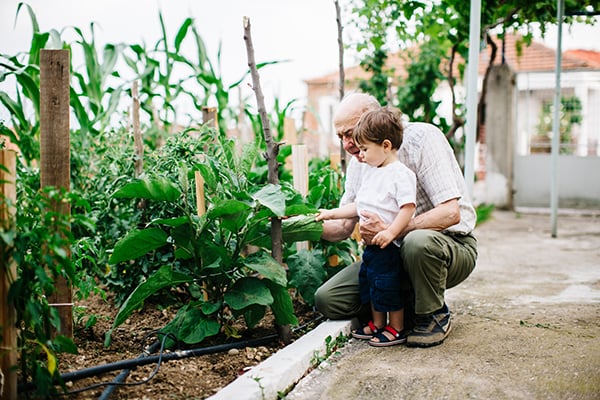Healthy skin, healthy body
Your skin is the largest organ of the body and does an important job protecting your body and keeping you healthy.
Top tips for healthy skin
Some things you can do to keep your skin healthy and help prevent skin problems include:
- Stay active: Ever noticed that healthy glow after you exercise? By increasing blood flow, exercise helps nourish skin cells and keep them vital while also carrying away waste products.
- Eat a healthy diet and stay hydrated: Colourful fruits and vegetables contain carotenoids. Your body converts these into Vitamin A, which helps skin cells reproduce. Fish and lean proteins help your body build collagen and elastin. Plenty of water is also important to help your body move nutrients in and waste materials out.
- Wash regularly using a soap free wash: Irritants like perfumed soaps, heavily chlorinated pools and long hot showers can make age-related skin dryness worse. Use soaps, body washes or shampoos that are PH neutral.
- Moisturise twice daily: Older skin has fewer sweat and oil glands, making ageing skin more prone to dryness, roughness and itching. Dry skin is also more likely to tear and break. You can help keep your skin elastic by moisturising regularly.
- Check your skin for changes: It’s important to check your skin and let your doctor know if you have any concerns.
Healthy skin, healthy body
Skin protects body tissues against injury and helps regulate body temperature through the activity of its sweat glands and blood vessels. As you get older, your skin is less able to protect and heal itself – this means injuries occur more easily and can take longer to heal.
Why skin changes with age
Skin ageing happens because of a combination of biological and environmental factors. Your skin has an upper layer, the epidermis, that renews itself constantly. Beneath that is the dermis, which contains blood and lymph vessels, nerves, sweat glands and oil glands. The dermis makes up about 90 per cent of your skin’s thickness and is made of collagen and elastin which provide strength, flexibility and elasticity to the skin.
As you age, the epidermis slows its rate of cell production and thins. Meanwhile the dermis produces less collagen and elastin. This contributes to thinner skin that is less able to repair itself.
External factors like sun exposure can also cause skin thinning and age damage. Smoking, excessive use of alcohol, lack of exercise and a diet that is low in fresh fruit and vegetables and high in sugar and refined carbohydrates are other factors that affect skin health.
Normal, healthy skin also contains large amounts of bacteria on its surface which can play a role in preventing inflammation and disease. Scientists think changes in this bacteria also contribute to slower skin healing as we age.
Chronic diseases and skin health
Some chronic diseases like diabetes and vascular disease can also affect skin health. Medicines including some steroids and blood thinners can also make the skin more susceptible to bruising and wounds. Poor circulation may result in fragile skin and slower wound healing when tears and infections occur.
Nearly half a million Australians suffer from chronic wounds, which can take a long time to heal and lead to serious medical complications. Wound warning signs include pain and heat, odour, excess fluid in the area (usually arm or leg) and slow healing. If you experience these symptoms, it’s important to see a doctor.
Venous leg ulcers and skin tears are among common wounds in older people and have a high risk of becoming longstanding (or chronic) and developing complications. As your skin thins, simple accidents like bumping into furniture corners at home can cause skin tears. You can help keep your skin strong by eating a nutritious diet, drinking lots of fluids and keeping active. If you have vein problems and your legs swell, wearing compression stockings is also important.
Research shows regular daily moisturiser application can also lower the incidence of tears by as much as 50 per cent. Bolton Clarke Research Institute has been working with RMIT on new ways of finding out early if wounds are not healing properly. If you have a chronic wound you can receive care through a wound care clinic or at home. Wound care nurses will discuss your aims and goals and work with you to make a care plan to manage your skin and wounds.
Download a PDF of this white paper here.


